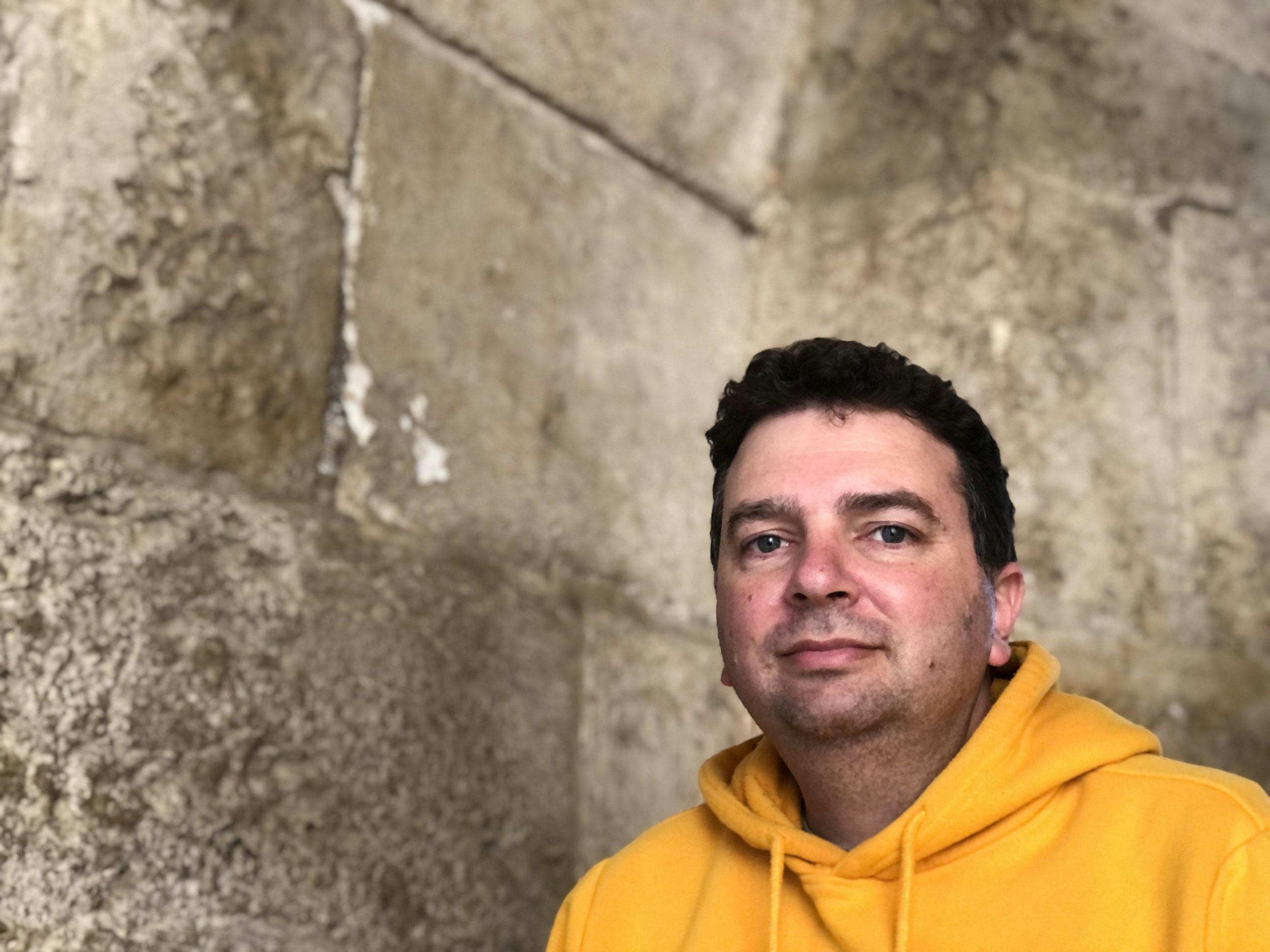Published: 29 September 2023
Last updated: 5 March 2024
There are pressing political and cultural imperatives for the government to persuade Haredi leaders to rethink their opposition to compulsory national service.
The discussion around the role of Haredim in Israeli society is driven by corresponding concerns on both sides. The secular majority is motivated by the dread of Haredi encroachment on the character of the State, which it fears will also endanger its future security and imperil the economy.
The Haredi minority lives in a state of alertness, vigilant to ensure that its devout way of life is protected and that future generations are not drawn away by increasingly pervasive Western-liberal values. They view any attempt at compulsory integration as part of a wider effort to assimilate Haredim, which generates significant resistance from that community.
It’s common to hear that a proposed Haredi draft exemption, to be enshrined in law, would signal the end of the “people’s army” model in Israel. This is liable to give rise to a faulty inference – that up until now the IDF has implemented universal conscription. In fact, a widespread exemption from army service based on full-time Torah study has existed since 1977 (and in a more limited form since shortly after the founding of the state).
Why all the fuss now? A combination of factors - Israel’s constitutional revolution (which led to a rejection by the High Court of the previously granted exemption), the exponential Haredi population growth and insignificant progress in encouraging Haredi army participation - have brought matters to a head.
As seems to be the case so often in Israel, circumstances have generated a seemingly binary proposition – either universal conscription is to become the norm, or a proposed "Basic Law" will exempt those committed to full-time Torah study from army participation. This is, however, a simplistic dichotomy.
There is a potential win-win solution in which some form of national service could provide vocational training, at the state’s expense, to benefit Haredim in the job market - making those unsuited to or uninterested in Torah study more employable, and in turn ease existing social tensions about their status.
Advocates for conscription must consider the impact of imposing Haredi standards on non-Haredi conscripts.
The state has previously set up special army and internal security service programs geared towards the Haredim. These programs have had, to date (without mainstream Haredi support), limited success. To implement universal conscription, the IDF would have to adopt new or special operating procedures to accommodate Haredi requirements (such as modest dress, strict rules around male and female interactions and kashrut standards) and limited secular education – which would come at a cost and involve cultural changes.
Advocates for universal conscription must also consider the impact of an army run according to Haredi standards on its non-Haredi conscripts.
The debate about Haredi conscription, or exemption, is not grounded in the security needs of the country. There is no suggestion that the IDF is lacking numbers. To the contrary, the period of mandatory military service was (in the past decade) shortened from 36 months to 32, which reduced the size of the standing army. There is also reason to believe that technology will continue to reduce the need for rank-and-file soldiers.
Not all Haredim have the temperament and characteristics needed for a life devoted to Torah study. The fact that there are those unsuited to a life of full-time Torah learning but who are discouraged from national service has led to the unnecessary stigmatisation of Haredi society as a whole.
In recent months, Haredi parties proposed that the government pass a Basic Law: Torah Study. In addition to declaring Torah study as “a fundamental value in the heritage of the Jewish people”, the Basic Law provides that “for matter of their rights and obligations, [the state] will consider those who have committed themselves to long-term Torah study as those who provide significant service to the State of Israel and the Jewish people”.
The fact that there are those unsuited to Torah learning but who are discouraged from national service has led to the stigmatisation of Haredim.
Passing a declaratory statute of this nature would be an important step towards reconciliation between the state (which is embodied in the majority secular population) and the Haredim. Recognition that authentic long-term Torah study involves a strong commitment to the Jewish heritage and significant material sacrifices would provide a bedrock of respect from which Israeli society can begin to mend. (It goes without saying that this respect must be demonstrated in both directions.)
If a solution is not introduced now, it will be a priority for the next government, which may exclude Haredi parties.
The Basic Law should not, however, be the basis for a general exemption from army service. According to MK Moshe Roth of the United Torah Judaism party, one of the initiators of the proposal, the draft law does not mention army service and will not exempt all those enrolled in yeshivot from conscription. Whether this is a genuine statement of intention is not the point. It’s important to clarify that state-funded Torah study would be a privilege afforded to those uniquely suited and committed to its demands.
The current government is unwilling or unable to respond effectively to the challenges of the day. While it is clear that significant steps need to be taken to improve the long-term welfare of the Haredi population and ensure the cohesiveness and sustainability of Israeli society as a whole, this has not been publicly acknowledged by members of the coalition.
Having established itself as a burgeoning segment of Israeli society, the Haredi leadership now faces the difficult task of determining its role as a shaping force. The refusal to progress from its post-Holocaust rehabilitation phase is at the heart of this discussion.
In order to resolve the impasse, both sides will have to consider their long-term interests and take practical, rather than purely ideological approaches. This is unlikely to occur under the current government due to its instability, among other political challenges. The risk for the Haredim is that if a comprehensive solution is not introduced now, it will be a priority for the next government, which may have a completely different political makeup that excludes their parties.



